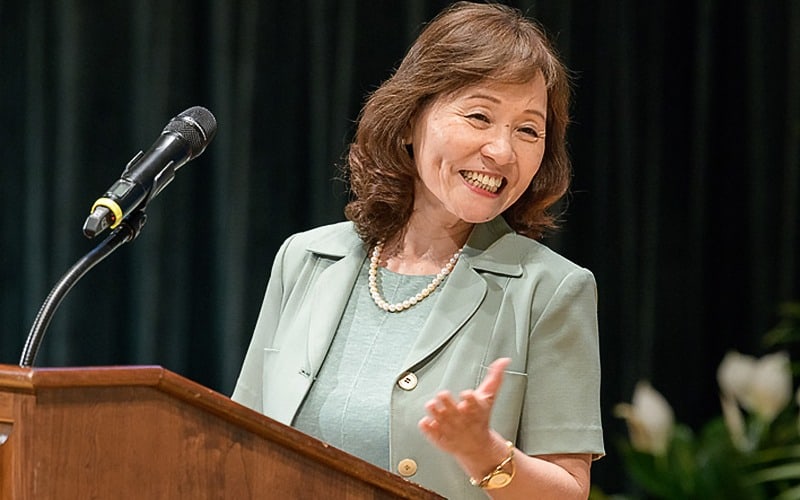RESEARCH
DISCOVERY
A Blog Devoted to UD Innovation, Excellence & Scholarship
COVID-19
Lasting Benefits of Telehealth
Telehealth will likely remain a fixture in healthcare after the threat of the coronavirus fades. Benefits include reduced barriers to access for patients, increased efficiency and convenience.
A year into the coronavirus pandemic, telehealth and virtual visits have become an important part of the healthcare landscape. Many of the early challenges with technology, billing and patient privacy have been overcome enough that healthcare providers predict remote services will exist in some capacity even after the restrictions brought on by the pandemic end.
The success of telehealth during the pandemic has highlighted opportunities to improve access for patients who might not otherwise be able to receive care. That’s something clinicians hope to expand once the current health emergency is over.
At the Speech-Language-Hearing Clinic in the University of Delaware’s College of Health Sciences, some of the patients who have fared the best in the past year have followed a hybrid model, coming into the clinic but also getting support remotely in their home, said Christine Cook, clinic director.
“Some weren’t considered homebound — they could get out, but it takes a lot of work for them. Outpatient services were challenging because by the time they got to the clinic, it had already been such an ordeal to get dressed, get into a wheelchair, transfer them to the car, transfer them out. They would be exhausted,” Cook said. “Now we have the ability to meet them where they’re at. It takes some of that fatigue and struggle out of the mix.”
Looking long-term, Cook expects half of the clinic’s clients will use telehealth in some capacity, a dramatic shift from pre-pandemic use, when it was the exception rather than the rule. But for that to be the case, she said, legislation is needed to develop a more cohesive set of practice regulations across state lines and to ensure reimbursement.
“Telehealth is here to stay,” said Tara Leonard, director of the Clinical Health Coaching Research and Training Center (CHCRTC) in the Department of Behavioral Health and Nutrition. “As instructors, we need to make sure the next generation of health professionals are skilled in working in any environment.”






